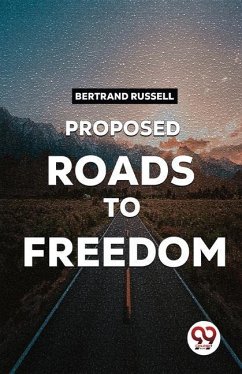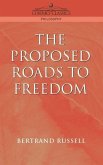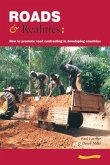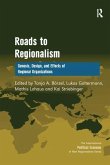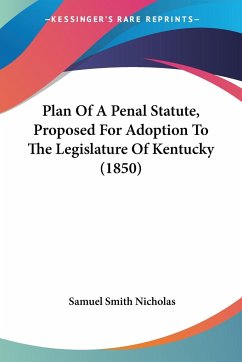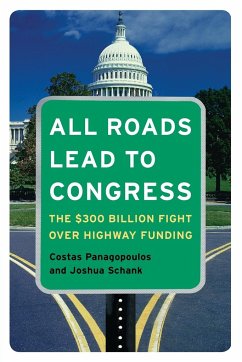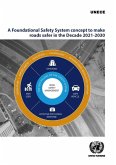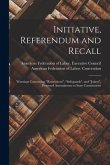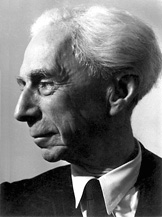"Proposed Roads to Freedom" is a book by the British philosopher Bertrand Russell. The book presents a comprehensive critique of the existing social, political, and economic systems, and proposes new ways to achieve individual freedom and social justice. Russell argues that the current capitalist economic system is inherently flawed, leading to inequality and exploitation of the working class. In addition to economic reform, Russell also proposes changes in education, religion, and gender relations to create a more equitable and just society. He advocates for an education system that encourages free inquiry and critical thinking, rather than rote memorization. He also critiques organized religion and calls for a separation of church and state. Moreover, "Proposed Roads to Freedom" is a thought-provoking and radical critique of the status quo, offering a vision for a more just and equal society.
Hinweis: Dieser Artikel kann nur an eine deutsche Lieferadresse ausgeliefert werden.
Hinweis: Dieser Artikel kann nur an eine deutsche Lieferadresse ausgeliefert werden.

